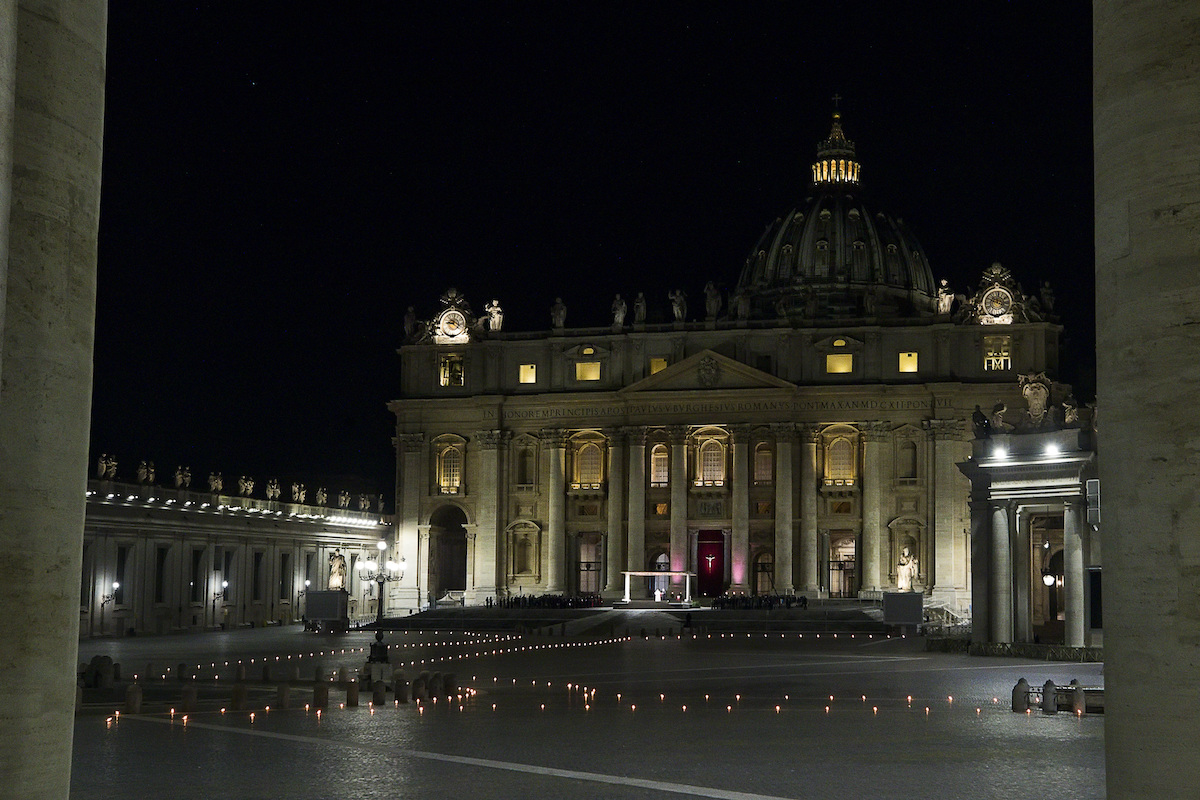After 75 years of sparking creativity in the hearts and minds of children, Portlanders will be saying goodbye to another community landmark, the Portland Children’s Museum.
The pandemic has created financial hardship for individuals and small businesses everywhere. According to an email from the Children’s Museum staff, “[The Children’s Museum is] not alone in facing this unprecedented operational distress. We know from the Association of Children’s Museums that most are facing substantial losses. Public support from the CARES Act and other sources have not been enough to make up for the losses.” However, despite this somber reality, the community can still hold on to the precious memories made at the Children’s Museum and the joy it sparked, igniting a spirit of creativity and play for future generations.
In 1946, Dorothea Lensch founded “Junior Museum and Adventure House,” which would morph into the Portland Children’s Museum. Lensch served the city of Portland as Director of Recreation from 1937–73. She worked to establish influential programs that encouraged creative expression and play in an educational context, and was a firm believer that recreation was a crucial aspect of a healthy community. Lensch also advocated for underserved communities and created programs designed to support families who experienced financial difficulties and children with special needs. Lensch’s legacy was a pivotal cornerstone to the mission of the Portland Children’s Museum.
Programs and exhibits that have filled the halls at the Children’s Museum have changed over the years, but have always encouraged children to explore the very best parts of themselves. Initially, the Museum included history exhibits, arts and crafts classes and even a pet-lending library. However, in the 1970s, as the world learned more about child psychology, the Museum shifted its focus to a more hands-on approach.
The Museum changed locations twice to accommodate the community’s interests. In 2001, it relocated to its current location, the old Oregon Museum of Science and Industry (OMSI) building in Washington Park. Since moving to the Washington Park location, the Children’s Museum has welcomed over 4.8 million visitors. Many people return to the museum as parents and grandparents, and the museum has had a lasting impact on generation after generation of children.
The Opal School, an affiliate of the Children’s Museum, chartered by the Portland Public School district, is also closing after its 20 years of fostering an environment of “creativity, curiosity and the wonder of learning.” Since it opened in 2001, the Opal School’s mission was to “strength[en] public education by provoking fresh ideas concerning environments where creativity, imagination and the wonder of learning thrive.” This K-5 school used the Reggio Emilia approach to teach children in more hands-on and creative ways than the traditional school system. The Emilia approach at its core emphasizes the importance of tactile learning. Children become their own guide for their education, exploring what interests them and taking their learning at an intuitive pace.
In a message on the Children’s Museum website, David Peterson, the Chair of the Museum’s Board of Directors, formally announced the closure. “Due to new cleaning protocols, state guidelines limiting capacity, and the need to refill 48 staff positions due to layoffs, opening the Museum’s doors to the public would result in an insurmountable financial deficit.”
When contacting the Museum for comment about steps taken to keep it open, a spokesperson told Vanguard that, “The Museum reached out to the community and stakeholders throughout the pandemic, including a number of fundraising appeals. The losses were simply too much to come back from.” The Museum would not clarify as to the extent of their fundraising efforts and outreach, but the decision has come as a shock to many individuals in the community.
There is no doubt that Portlanders will feel the loss of the Children’s Museum and Opal School for years to come.



